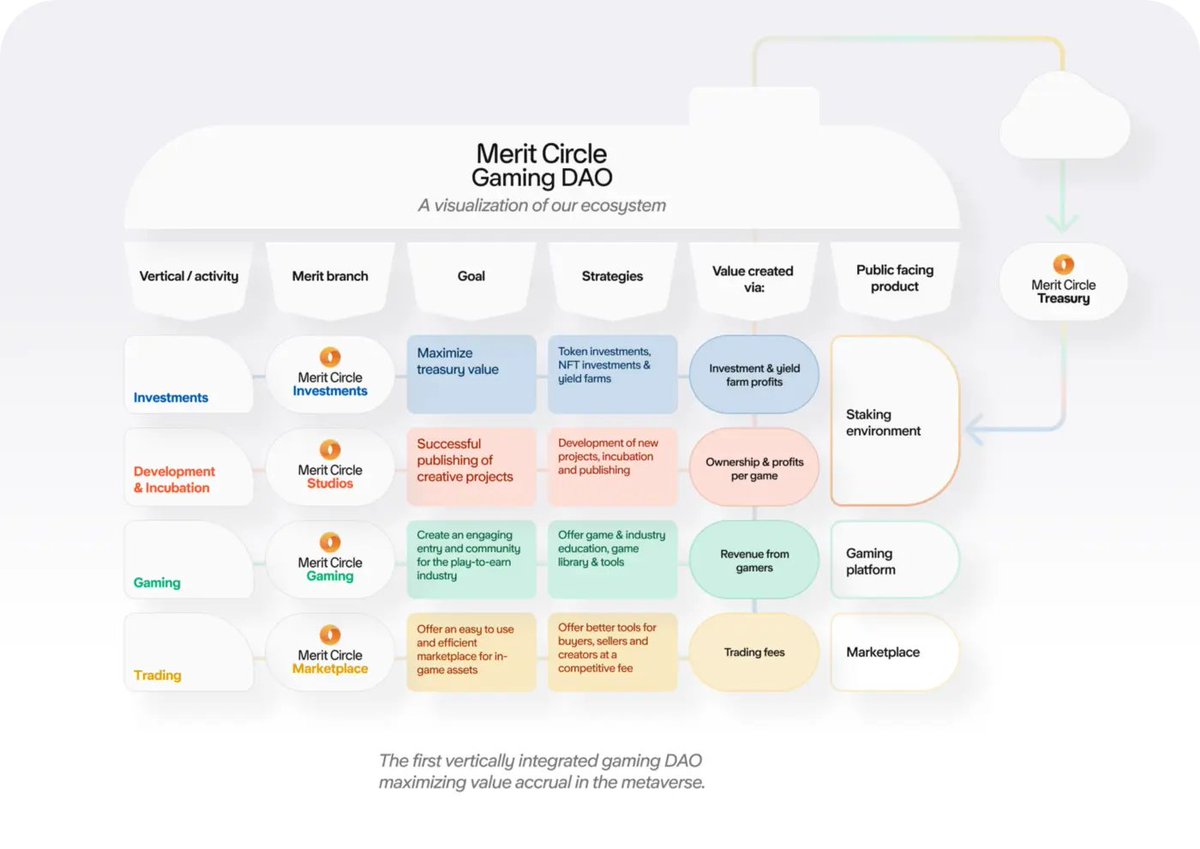
1/ Created to scale throughput, rollups continue to settle on monolithic L1s like @ethereum — however, as usage increases, will rollups remain cheap to use?
Let’s explore Rollups: Execution Through the Modular Lens in this report from @eshita. #ModularDesignSeries 🧵
Let’s explore Rollups: Execution Through the Modular Lens in this report from @eshita. #ModularDesignSeries 🧵

2/ Rollups allow for scalability on the L1 by batching transactions from the L1 and executing them on an L2, output is sent back to the L1.
The type of rollup can be classified by how transactions are validated and where data availability (DA) takes place.
The type of rollup can be classified by how transactions are validated and where data availability (DA) takes place.
3/ Top-down, rollups can be separated by whether they post validated proofs on a smart contract settlement layer or not.
Settlement provides objective finality that the processed transactions are valid and ordered correctly.
Settlement provides objective finality that the processed transactions are valid and ordered correctly.

4/ There are two main categories: validity and fraud proofs.
+Validity Proof Rollups
+Fraud Proof Rollups
Rollups share @ethereum for gas and are at risk of experiencing the same fate as congested L1s, however a single system can have more than one rollup.
+Validity Proof Rollups
+Fraud Proof Rollups
Rollups share @ethereum for gas and are at risk of experiencing the same fate as congested L1s, however a single system can have more than one rollup.
5/ Modular rollups make settlement optional.
Sovereign rollups were conceptualized when @CelestiaOrg was introduced, which is a modular data availability and consensus layer.
Sovereign rollups do not use a monolithic L1 to settle on; rather, they settle on their own.
Sovereign rollups were conceptualized when @CelestiaOrg was introduced, which is a modular data availability and consensus layer.
Sovereign rollups do not use a monolithic L1 to settle on; rather, they settle on their own.

6/ Recently, @arbitrum saw a spike in gas fees due to its rollout of the Odyssey program.
At one point, the price of a single swap reached $6.19 compared to $5.36 on @ethereum.
This event questioned the ability of Arbitrum to cheaply scale throughput.
At one point, the price of a single swap reached $6.19 compared to $5.36 on @ethereum.
This event questioned the ability of Arbitrum to cheaply scale throughput.
7/ Specialized settlement layers and more VM variety will be developed as we approach @ethereum's upgrade.
Learn more about Rollups: Execution Through the Modular Lens in the full Pro report from @eshita and continue to follow the #ModularDesignSeries.
messari.io/article/rollup…
Learn more about Rollups: Execution Through the Modular Lens in the full Pro report from @eshita and continue to follow the #ModularDesignSeries.
messari.io/article/rollup…
• • •
Missing some Tweet in this thread? You can try to
force a refresh













